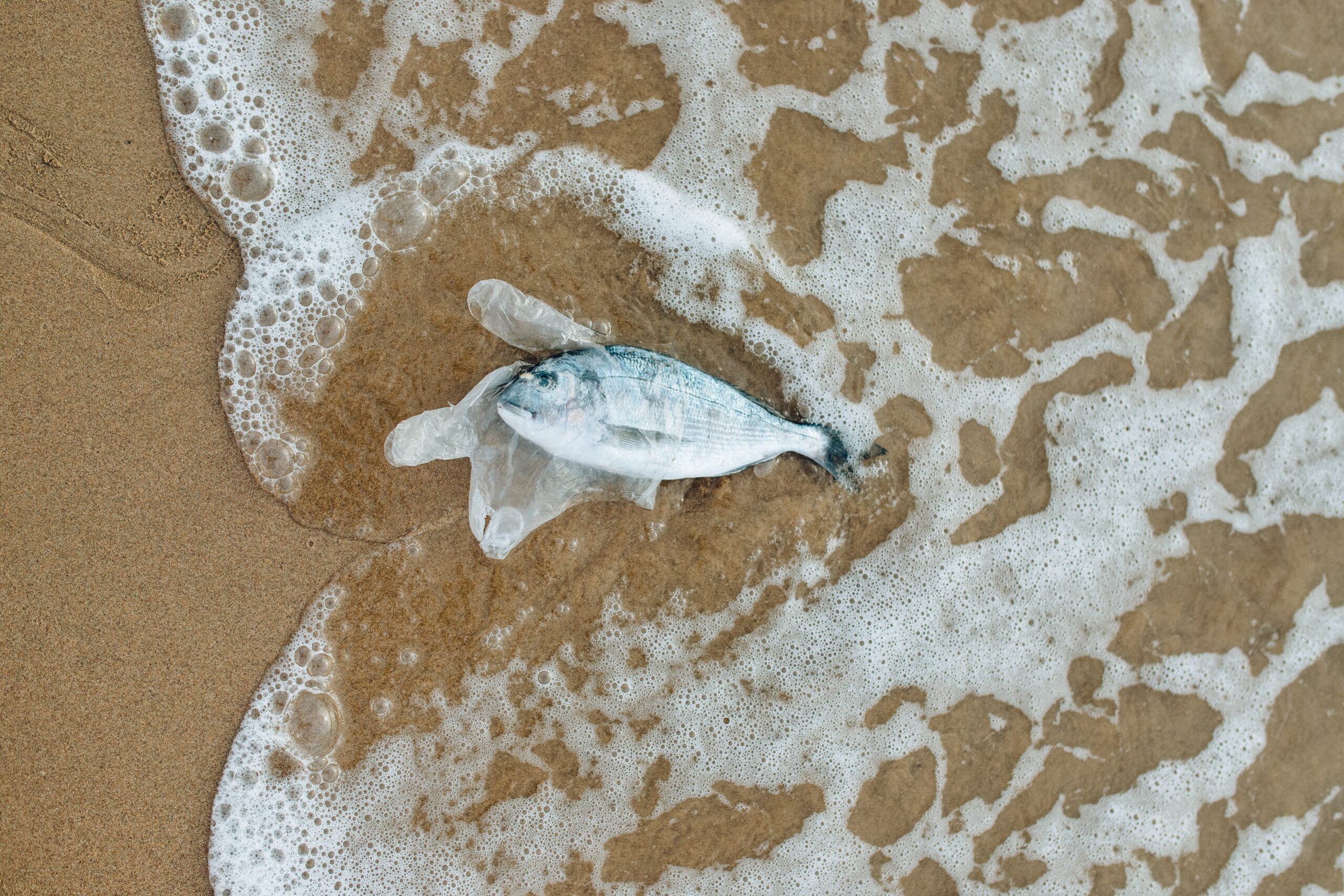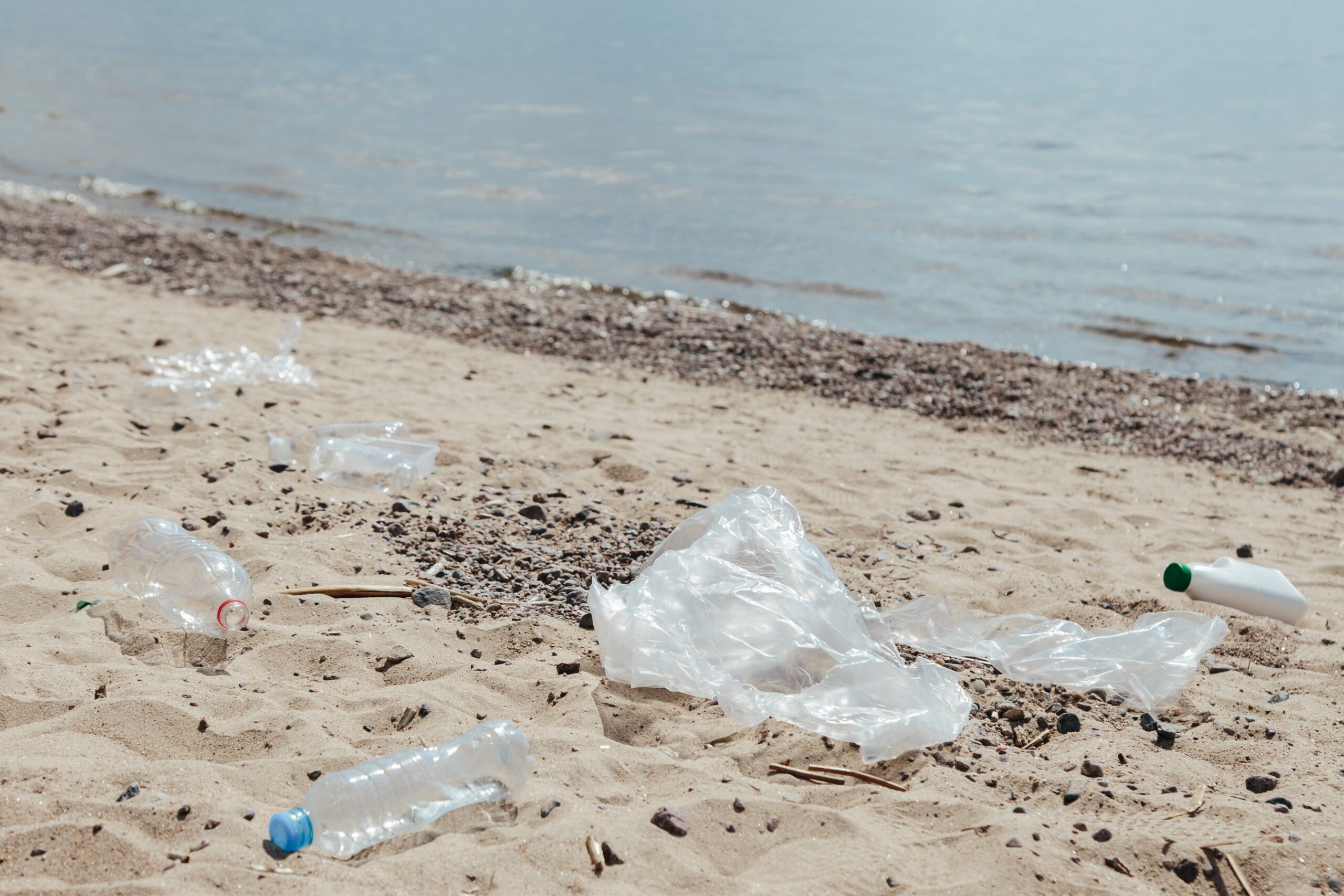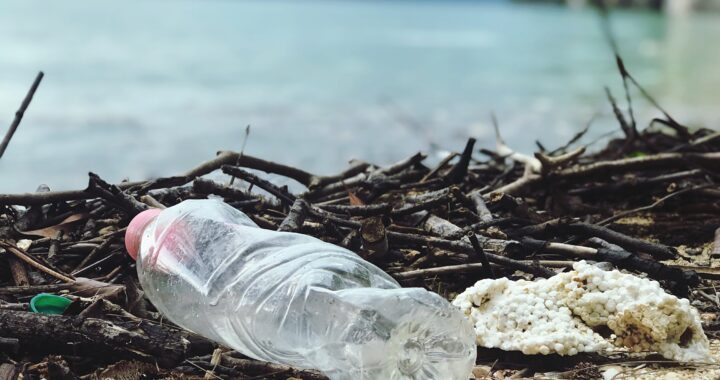Water contamination is an ongoing and concerning issue that affects our environment, health, and society as a whole. From oceans to streams to lakes, water pollutants create an unsafe landscape for wildlife and humans alike. Unfortunately, these contaminants are all around us: from the industrial runoff in rivers to oil residue in oceans due to tanker ships – pollution has become embedded into our daily lives. The effects of water pollution can be seen even beyond what we see with the naked eye such as coral reef discoloration or changes in pH levels. Understanding how this happens is key to seeking solutions; this blog post looks at the main causes of water contamination – ranging from agricultural waste run-off through urban expansion – so that we may start mitigating its impacts on our planet’s most precious resource sooner rather than later.
What is Water Pollution and How Does it Affect Our Environment
Water pollution is a serious problem that affects not only our environment but also our health and economy. It refers to the contamination of water bodies, such as lakes, rivers, oceans, and groundwater, by harmful substances like chemicals, plastic waste, and oil spills. This can result in the death of aquatic life, loss of biodiversity, and infertility of the soil. Moreover, drinking polluted water can cause various health problems like cancer, birth defects, and skin disorders. The consequences of water pollution are dire, and we need to take action to prevent it. Governments and individuals must come together and take steps to reduce their carbon footprint, recycle waste products, and avoid harmful practices that lead to water pollution. By taking such measures, we can restore our water bodies’ health and prevent further damage to our environment.

Common Sources of Water Pollution
Water pollution is a major issue confronting our planet today. The sad reality is that water pollution has become a recurring problem in our everyday lives. The sources of water pollution are numerous, but some of the most common ones include agricultural activities, domestic waste, industrial activities, and sewage. Agricultural activities such as the use of pesticides, fertilisers, and herbicides often lead to water pollution when they are carried by rain or irrigation water into streams and rivers. Domestic waste, which includes sewage, garbage, and other household wastes, is another significant source of water pollution. Moreover, industrial activities such as manufacturing and mining also contribute to water pollution. Together, these factors underscore the importance of collective action to protect our water bodies now more than ever.
a. Agriculture
Agriculture is a crucial industry that impacts our lives in numerous ways. The cultivation of crops and the rearing of livestock are the primary activities in this sector and they provide us with the food that we consume daily. It is because of agriculture that we have access to a range of healthy and fresh produce that we need to maintain our well-being. However, agriculture extends beyond just growing plants and raising animals for food. It also involves the use of natural resources in a sustainable way, particularly to meet the increasing need for renewable energy sources. Overall, agriculture is an essential component of our economy and society, and we must continue to support and strengthen this sector to ensure a better future for ourselves and our planet.
b. Industry
The industry is a constantly evolving sector that drives economic growth and development. From manufacturing to technology, it comprises a wide range of businesses that have one common goal: to produce goods and services that meet the needs and wants of consumers. With advances in technology and the rise of globalisation, the industry has become more competitive than ever before. Companies must be innovative and agile to stay ahead, while also balancing the demands of consumers, employees and shareholders. However, despite the challenges, the industry remains a vital part of society, providing employment opportunities and contributing to the overall prosperity of the economy. As the world continues to evolve, the industry will undoubtedly continue to play a crucial role in shaping our future.
c. Human Activity
The impact of human activity on our planet cannot be overstated. From the construction of towering skyscrapers to the daily use of fossil fuels, our actions have far-reaching consequences on the environment. One of the most pressing concerns is the increase in greenhouse gas emissions, leading to unpredictable weather patterns and rising sea levels. Deforestation, pollution, and the depletion of natural resources are also pressing issues that require immediate attention. On the brighter side, some humans are making strides toward using technology and innovation to reduce our negative impact on the planet. However, it is up to all of us to make conscious choices in our daily lives and work towards a more sustainable future for generations to come.
The Effects of Water Pollution on Human Health
Water pollution is a serious problem that not only harms the environment but also poses a threat to human health. Consuming contaminated water can lead to a variety of health issues, ranging from skin irritation to gastrointestinal diseases. The chemicals and pollutants that end up in our water sources can also affect our immune systems and increase the risk of cancer, birth defects and neurological disorders. In addition to these health effects, water pollution also impacts our economy and quality of life. We must take action to reduce water pollution and protect the health of our communities.
Steps to Reduce and Prevent Water Pollution
Water pollution is a major problem worldwide, and it affects not only humans but also marine life. However, the good news is that there are steps we can take to reduce and prevent it. First and foremost, we need to properly dispose of chemicals, oil, and household products. We should also limit our use of fertilisers and pesticides, as they can seep into the groundwater and cause contamination. Additionally, we can conserve water by fixing leaks and reducing our usage. It’s important to raise awareness and educate others about the impact of water pollution, so we can all take action to protect our environment and preserve this precious resource for generations to come.
a. Reduce the Use of Fertilisers in Agriculture
Agriculture is the backbone of many economies, supplying food for both people and animals. However, the excessive use of fertilisers in farming has led to numerous environmental problems. From soil degradation to water pollution, the negative impact is vast. That’s why we need to focus on reducing the use of fertilisers in agriculture. Not only will this protect the environment, but it will also boost human health by eliminating harmful chemicals from our food. It’s time for us to implement more sustainable farming practices that will ensure healthier crops and soil while also safeguarding our planet. Let’s work together towards a healthier and greener future for all.
b. Upgrade Sewage Treatment Facilities and Wastewater Management Systems
When it comes to improving the overall health and cleanliness of our communities, one crucial element that often gets overlooked is properly managing wastewater. That’s why upgrading sewage treatment facilities and wastewater management systems is such an important investment for any locality. By improving these systems, we can ensure that harmful pollutants are removed from our water supply and properly disposed of in an environmentally friendly manner. Whether you’re a concerned citizen, business owner, or local government official, upgrading these facilities is an essential step for creating a safer, healthier future for us all.
c. Improve Industrial Waste Management Practices
As industries continue to grow, so does the volume of waste they produce. To lessen their impact on the environment, industrial waste management practices must be improved. By implementing more efficient procedures and investing in new technologies, industries can significantly reduce the amount of waste they generate and make better use of their resources. Not only will this benefit the environment, but it can also lead to cost savings and better public relations for businesses. It is important for all stakeholders, including government agencies, businesses, and communities, to work together in finding solutions to effectively manage industrial waste and promote sustainable practices.
Government Policies That Help Address Water Pollution Issues
Water pollution is a serious issue that affects not only aquatic life but also humans who rely on clean water for drinking and other daily activities. Fortunately, there are several government policies in place to help address this environmental problem. For example, some countries have strict regulations on industries that discharge wastewater into waterways, ensuring that their effluent is properly treated to prevent harmful chemicals and waste from contaminating the water. Additionally, governments may provide funding for research and development of new technologies that can help mitigate water pollution or offer incentives for industries to adopt more sustainable practices. Through these policies and more, the government can play a vital role in tackling the issue of water pollution and ensuring the health and safety of both people and the planet.

Creative Solutions to Water Pollution Problems – Citizen Science Projects, Eco-Friendly Initiatives, and More!
Water pollution is a growing concern across the world, and it’s up to all of us to make a difference. Fortunately, there are plenty of creative solutions out there to help combat this problem. Citizen science projects, for example, are a fantastic way for people to get involved in tackling water pollution. These projects allow individuals to collect water samples, monitor and report any issues, and even help with restoration efforts. Additionally, there are many eco-friendly initiatives underway that aim to reduce the amount of pollution going into our waterways in the first place. From sustainable agriculture practices to green infrastructure projects, these initiatives are proving to be effective in cleaning up our lakes and rivers. Ultimately, by working together on these solutions, we can protect our precious water resources for generations to come.
In conclusion, we have seen a plethora of information about water pollution. It has detrimental effects on the environment and can have serious implications for human health. The good news is that there are many different ways for us to reduce and prevent water pollution. From reducing fertilisers in agriculture to upgrading sewage treatment facilities to encouraging eco-friendly initiatives, and more – there is hope yet that our actions will make a difference in protecting our precious resources! Volunteers and citizen scientists everywhere can join in local movements to create cleaner rivers and lakes by reducing their personal water use or by joining in research events or educational campaigns. We must all take collective responsibility if we are to make real progress in combating this global issue. So don’t wait – act now and do your part to protect the planet!

